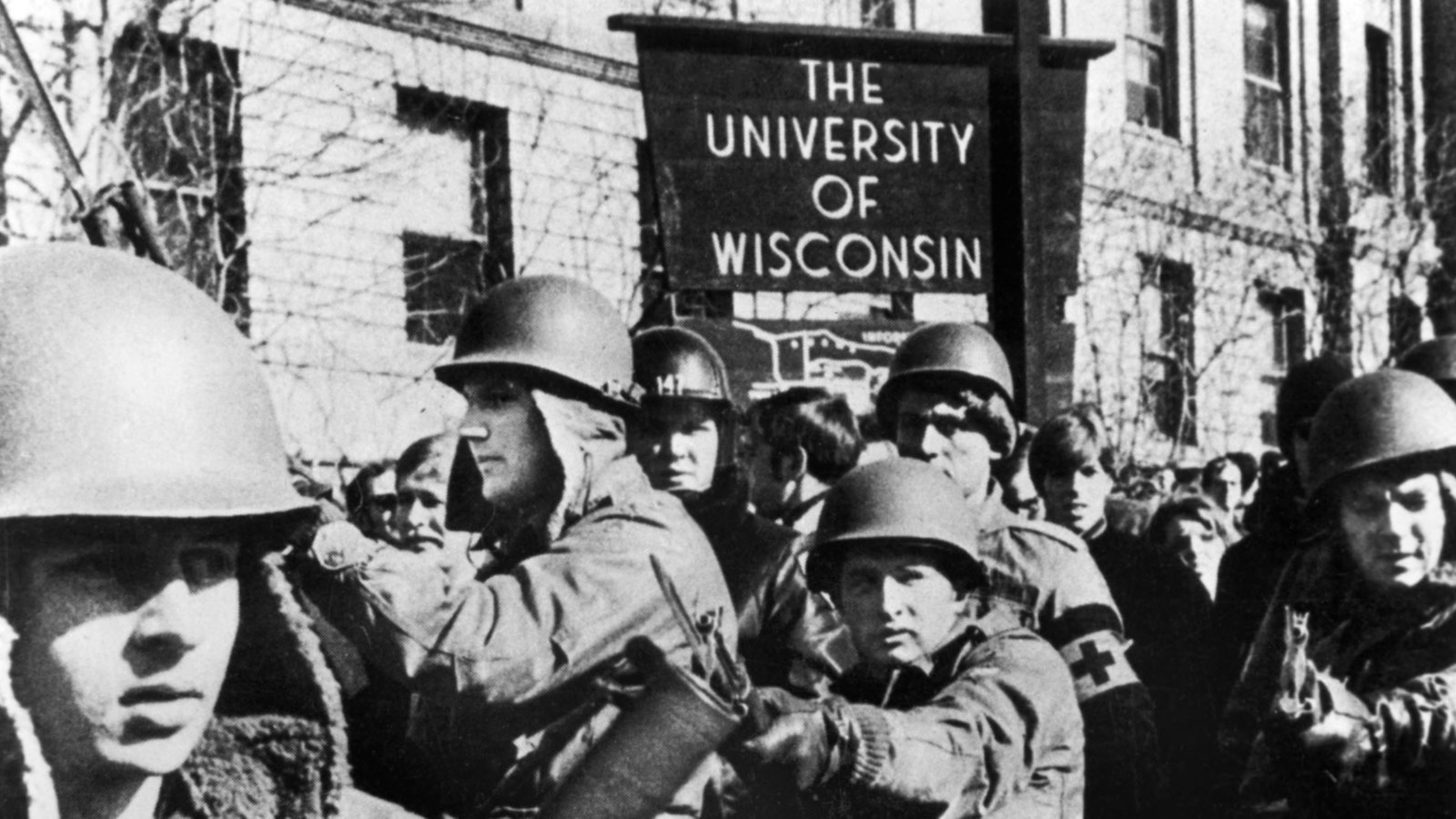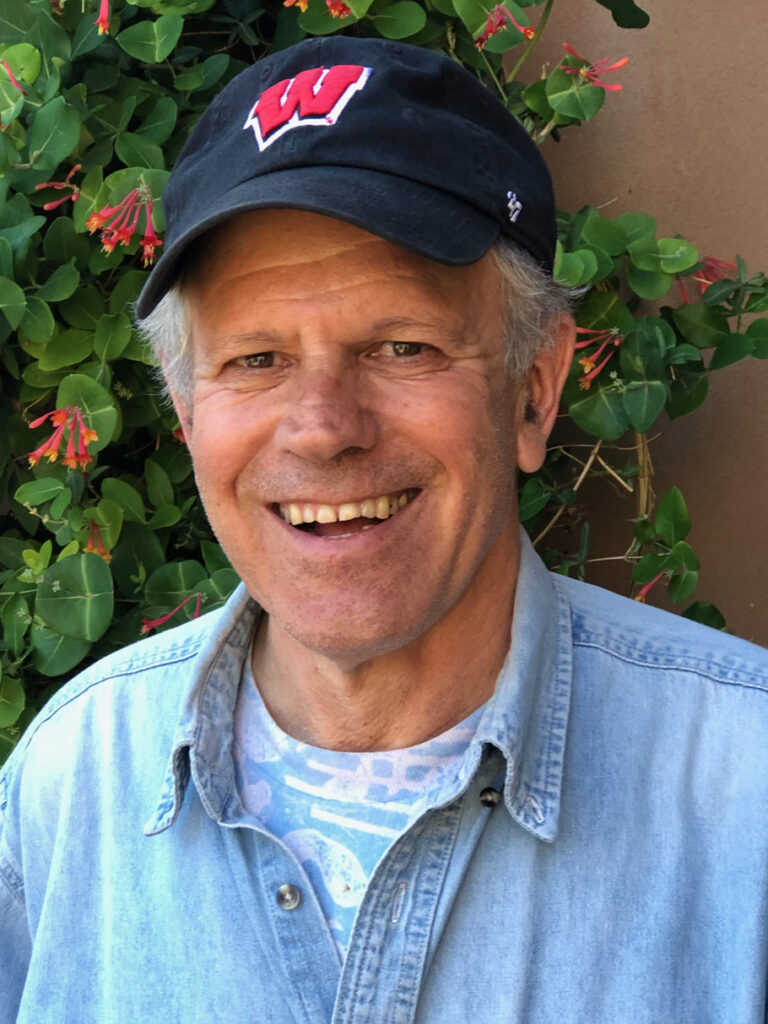The War At Home
Film ScreeningFriday and Saturday, Oct. 4 and 5, 7:45pmSunday, Oct. 6, 12:30pmGuild Cinema3405 Central Ave. NEFilm Interview: The War At Home
Filmmaker Glenn Silber’s Vietnam Era Protest Documentary Returns With Scary Relevance


Glenn Silber
Catalyst Media


